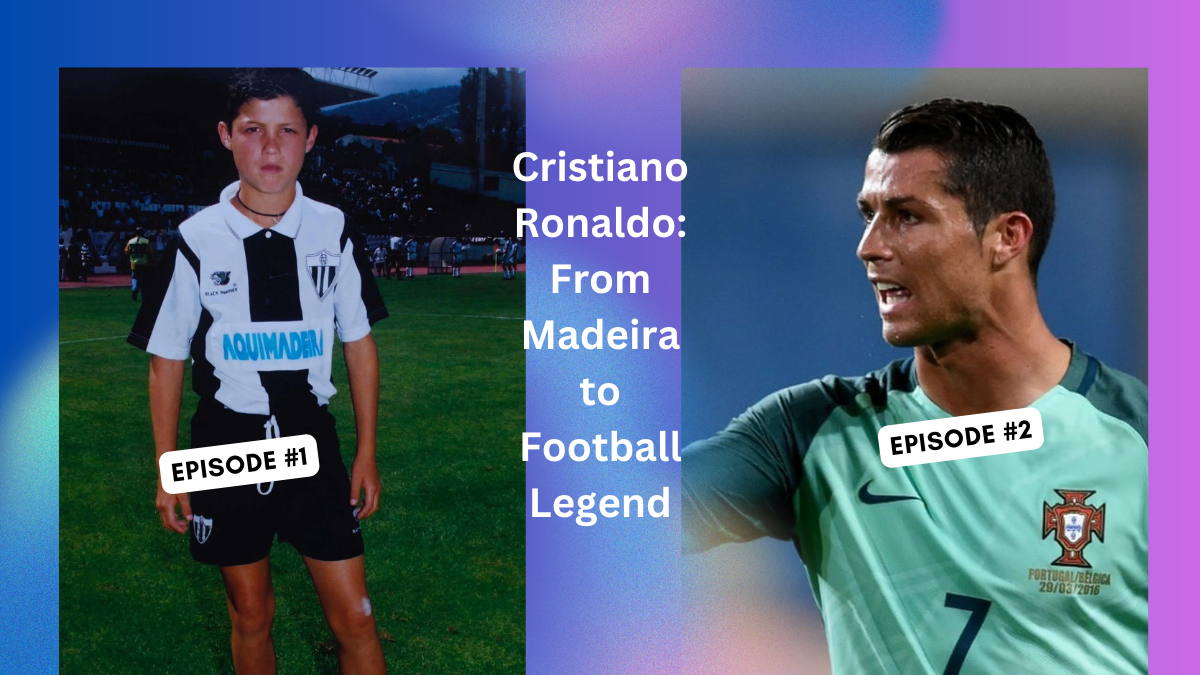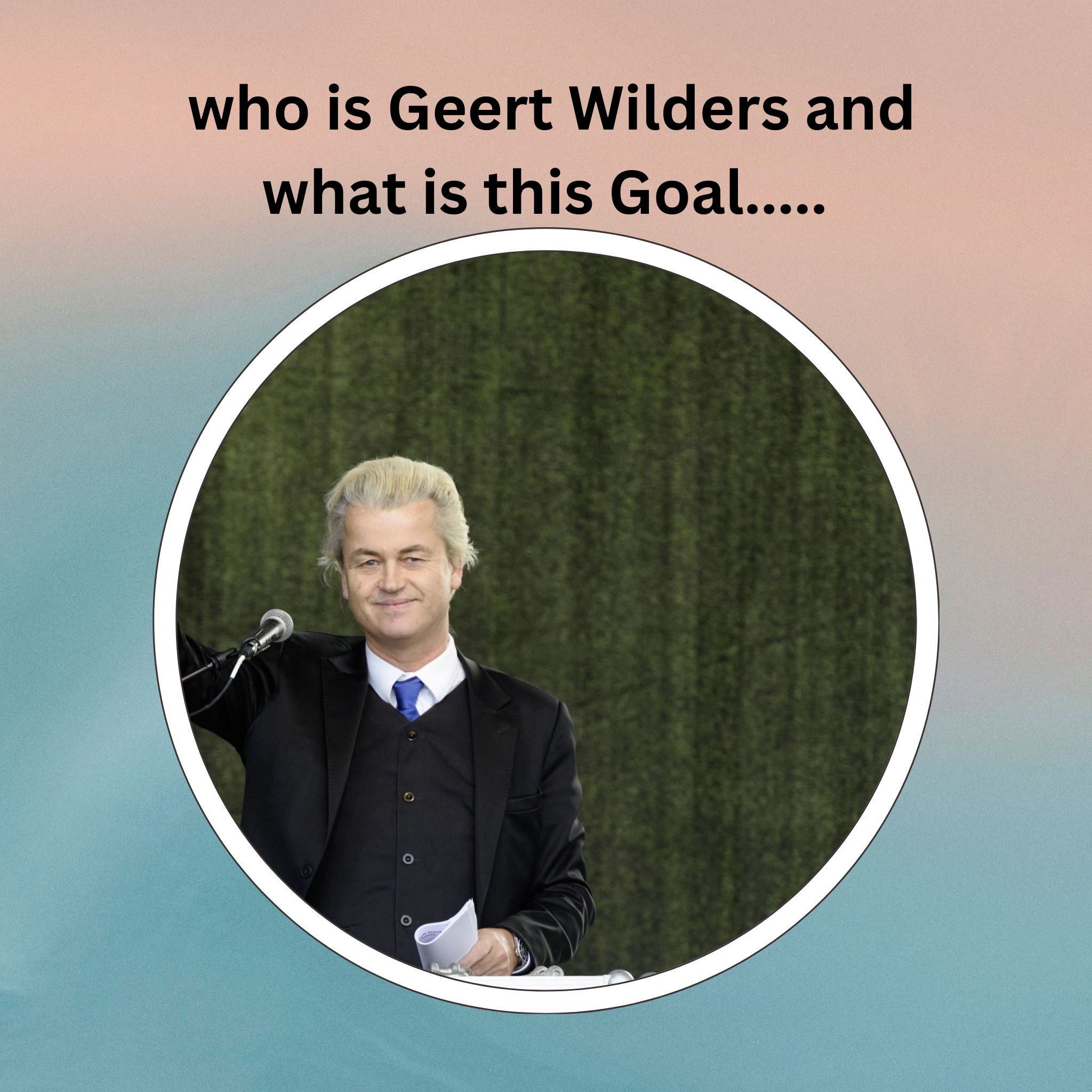In the recent elections in the Netherlands, the unexpected and strong victory of controversial, far-right politician Geert Wilders has sent shockwaves across Europe.
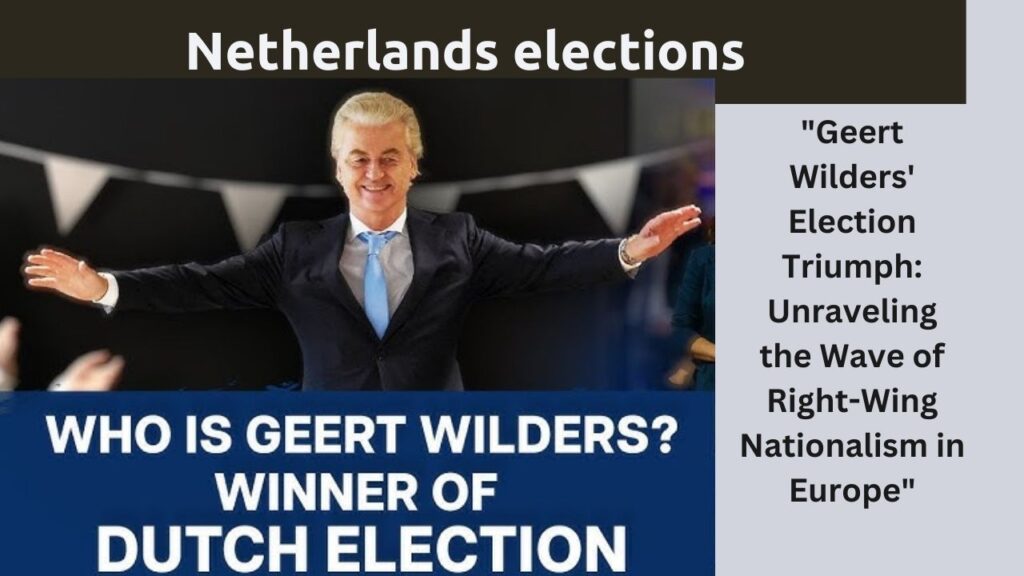
In the general elections held on Wednesday in the Netherlands, Geert Wilders, known for his divisive and anti-immigrant stance, secured a significant win, making headlines internationally.
Table of Contents
Across Europe, right-wing nationalist politicians with a focus on anti-immigrant sentiments, sometimes referred to as the “Dutch Trump” for his flamboyant style, distinctive hairstyle, and provocative statements, congratulated Wilders. His public statements, including linking Muslim immigrants to terrorism and advocating for bans on mosques and the Quran, have been so inflammatory that he has been under tight police security since 2004.
Wilders had faced charges of inciting discrimination but was later acquitted, and in 2009, he was denied entry to the UK.
However, right-wing nationalists in Europe believe that their ideas have become more mainstream. Geert Wilders, known for his anti-Islam sentiments, won the Dutch elections.
What is the goal of Geert Wilders, and who is he?
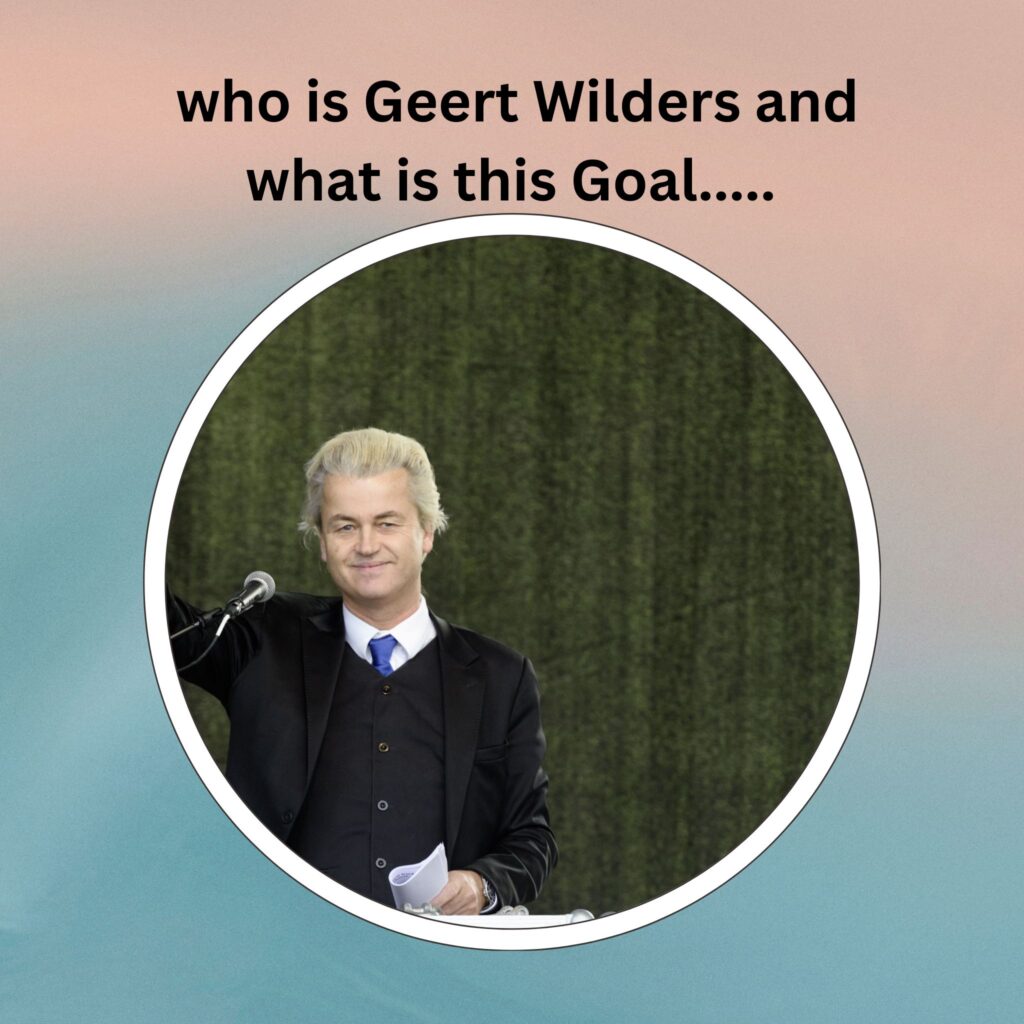
Once he saw the results of the Dutch election, Hungary’s prime minister Viktor Orban said, “Change is here!” Like Geert Wilders, he is an ardent opponent of multiculturalism and shares his disapproval of Brussels and Euroskepticism.
Far-right Flemish nationalist leader Tom Van Grieken, who hopes for electoral success similar to Wilders in Belgium, immediately asserted, “Parties like ours are on the rise throughout Europe.“
So, what can we expect not only for the Dutch but also for broader European politics (and Eurocrats are watching eagerly from the halls of Brussels)?
Is Geert Wilders’ success as clear-cut as it appears?
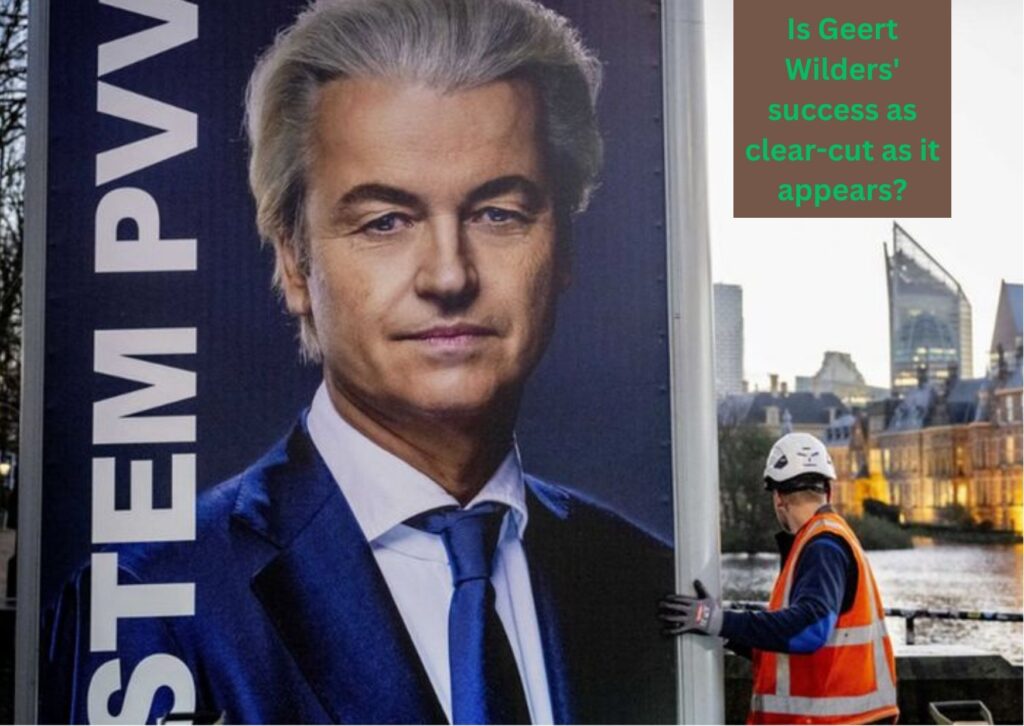
In reality, even he did not anticipate winning so many parliamentary seats. Watching his social media video, one can see his genuinely surprised and joyous dance upon seeing the results on Wednesday.
Wilders’ team had rented a room as their party headquarters three days before the election night. Their Freedom Party gained momentum late in the campaign.
It seems what attracted Dutch voters was a mix of the following:
Wilders focused attention on restricting immigration, addressing the Dutch housing crisis, and improving healthcare services.
As election day drew near, he reduced the intensity of his anti-Muslim remarks.
His excellent performance in TV debates compared to his rivals.
Mainstream political parties also made immigration a central point of their campaigns. Many Dutch voters seemed to have concluded that they can vote for the “original” as well.
Geert Wilders likely ran the longest and most robust campaign on immigration in Dutch political history.
Surprisingly, inadvertently helping Wilders secure success was one of his rivals. The leader of the center-right VVD party, Dilan Yesilgoz-Zegerius, opened the door to a coalition with Wilders during his campaign. This helped soften the image of Wilders’ party. Until then, the mainstream Dutch political establishment had dismissed the idea of governing with him due to the nature of his politics.
Furthermore, what does all of this signify for Europe?
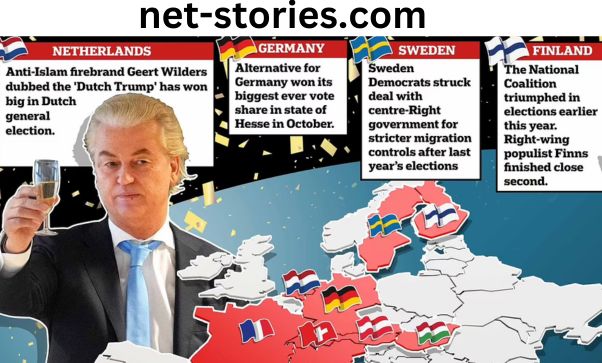
While Geert Wilders could become the leader of the largest party in the Dutch parliament, he does not have enough seats to form a government on his own. The horse-trading of political deals is still ahead.
Mr. Wilders has accepted that he will need to compromise on some of his policies to find political allies. And at this point, it’s uncertain if Geert Wilders will be the next Prime Minister of the country.
If he does, the summit meetings of European Union leaders could become more tense and potentially more turbulent. Mr. Wilders has campaigned aggressively to take the Netherlands out of the European Union. Though he openly acknowledges that this idea is not popular among most Dutch voters, he can use it as leverage in future referendums.
The European Commission said on Thursday that it is not concerned. Spokesman Eric Mamer stated that he trusts the Netherlands (a founding member of the European Union) to “continue to take part in the block’s affairs with strength” in matters concerning the bloc.
However, the European Union should and does have concerns about backing Ukraine in its conflict with Russia. Like the leaders of Slovakia and Hungary, Mr. Wilders is against providing additional military assistance to Kyiv.
Mr. Wilders says he wants to keep the Netherlands first; “Give the Netherlands back to the Dutch.” A sentiment similar to Donald Trump’s “Make America Great Again” or Italian PM Giorgia Meloni’s cries of “First Italy and Italians!”
He will be part of a group of voices in the European Parliament and the Council of Europe strongly advocating for a more restrictive stance on immigration and asylum policies. Mr. Wilders talks about a “migration tsunami.”
But I believe it will be straightforward to deduce that Geert Wilders’ electoral success signals a rising tide of far-right, nationalist, anti-establishment parties across Europe – a trend that some commentators suggest is “taking over Europe


